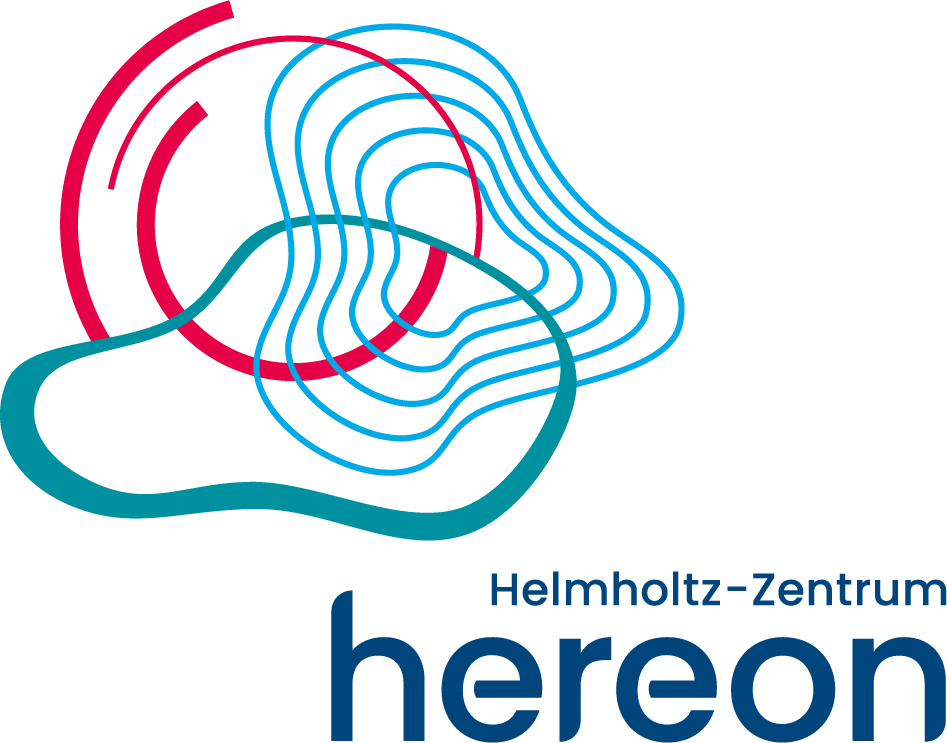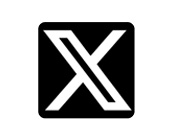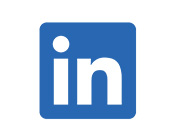MLZ is a cooperation between:
 > Technische Universität München
> Technische Universität München > Helmholtz-Zentrum Hereon
> Helmholtz-Zentrum Hereon
 > Forschungszentrum Jülich
> Forschungszentrum Jülich
MLZ is a member of:
 > LENS
> LENS > ERF-AISBL
> ERF-AISBL
MLZ on social media:

MLZ (eng)
Lichtenbergstr.1
85748 Garching
Instrument Control
The group supports the instrument scientists in all aspects concerning instrument control. Our goal is to help the instrument scientist to plan and implement the instrument control software based on standardised components (hard and software). This covers new developments as well as improvements of existing systems.
Activities
Designing instrument control
Based on our inhouse experience covering all kinds of instrument types, we design in close collaboration with the instrument scientists a concept for his particular instrument. This includes the selection of the neccessary hard and software components.
Implementation and testing the instrument control
The group is responsible for the testing of the selected components (hard and software), their configuration as well as their interplay. As a final step the group aimes to hand over a well tested and running system at the instrument.
Service and maintenance of the instrument control software
All software components developed or recommended for the instrument control will be serviced and continously improved according to the needs of the instrument scientists.
Training
The instrument control group is engaged in the training of apprentices, education of pupils and students during practical works. The education of apprentices covers:
- Fachinformatiker für Anwendungsentwicklung
- IT-Systemelektroniker
Projects
Hardware
Projects cover the selection and testing of hardware in order to provide standardised components for the instrument control. Based on these experiences concepts for the integration in the instrument control system are developed. This includes for example motor control, distributed sytem control components or robust connector systems.
TACO/TANGO-Box – Plug’n-play solutions
Not all components of an instrument are continuously used during an experiment like changing sample environments (cryostats, furnaces, magnets, etc.). In order to facilitate the inclusion of varying components into the instrument control so called TACO/TANGO boxes are used. These boxes are continously developed in close collaboration with the sample environment group. They comprise not only the required electronic to control the sample environment but also all soft and hardware components for a standardised connection to the instrument control.
TACO/TANGO
TACO and its successor TANGO provide as distributed systems the basis for the instrument control. It consists of individual servers which provides the communication to the hardware and shows up as an abstraction layer in a standardised way. By this components can be interchanged and reused which is very valuable for the commissioning of a complex control system as well as for trouble shooting.
NICOS
The Network Integrated COntrol System (NICOS) provides the user interface for performing the scientific experiments at the neutron instruments. It is flexible an can be ajusted to each instrument in order to cover all the instrument specific components. Here the standardised communication layer of the instrument control enables the use of a large number of frequently used modules.
ICSE
The ‘Integrated Control System Environment’-package has been developed as web service for the diagnostic of the instrument control and the configuration of the TACO/TANGO boxes. This modular system can be extended by the implemented plugin modules to meet a large variety of tasks.
Standard functionalities cover:- Inspection of log-files
- Start/Stop of TACO/TANGO server
- Overview of the status of all TACO/TANGO devices
- Overview of system relevant informations
- Persona related access rights
MLZ is a cooperation between:
 > Technische Universität München
> Technische Universität München > Helmholtz-Zentrum Hereon
> Helmholtz-Zentrum Hereon
 > Forschungszentrum Jülich
> Forschungszentrum Jülich
MLZ is a member of:
 > LENS
> LENS > ERF-AISBL
> ERF-AISBL
MLZ on social media:



